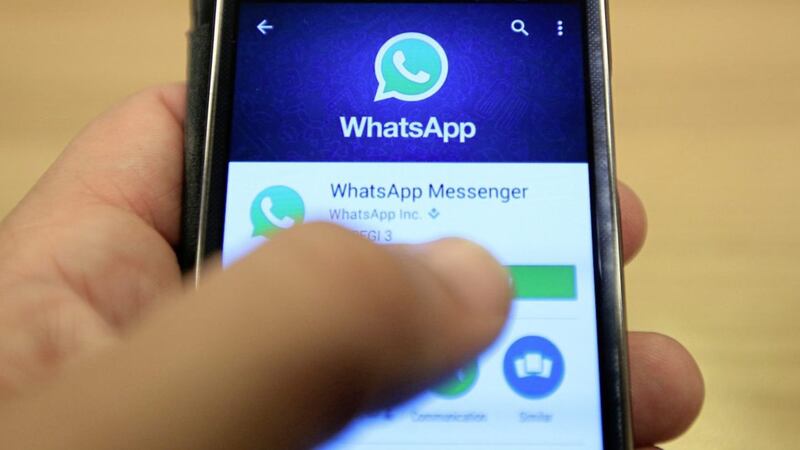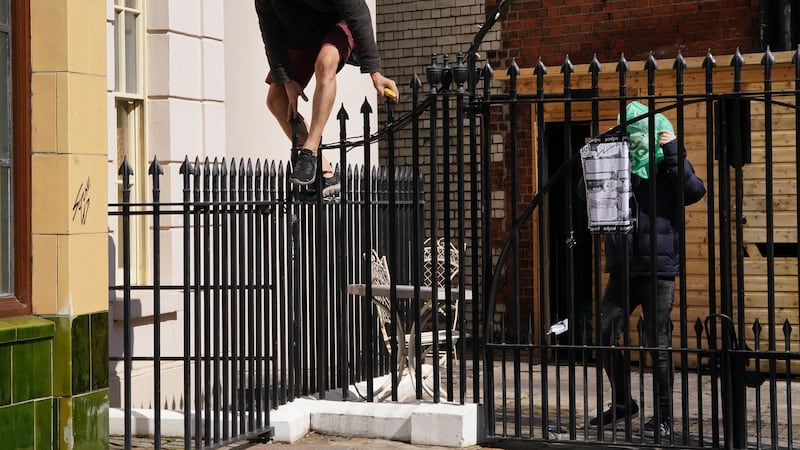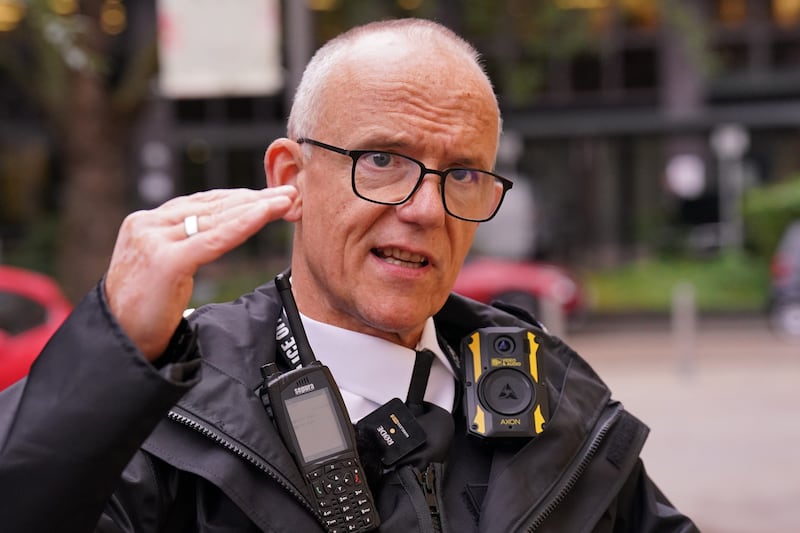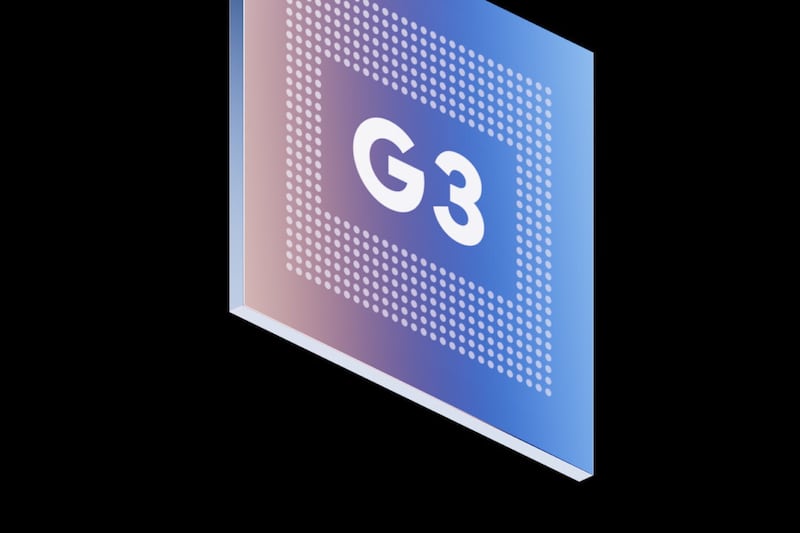A VETERAN Northern Ireland GP has called for the extension of a new smartphone scheme in which NHS patients have online appointments with their doctor.
Dr George O'Neill, who has more than 40 years' experience working as a family doctor in Belfast, said he has been using virtual technology such as Facetime, WhatsApp and Skype for the past three years for a small minority of consultations.
His comments follow the launch of a new pilot programme in London yesterday, in which 3.5 million patients were given the opportunity to sign up to a free 24-hour scheme in which they use a smartphone app to book an appointment - with the promise of a video consultation within two hours.
If a patient needs a face-to-face appointment, they must travel to clinics in commuter hubs.
Dr O'Neill said while such an initiative may not work for elderly patients, it was "very reassuring" for growing numbers of people with less serious illnesses.
"This technology doesen't save the GP any time as it makes us more accessible but it saves the patient time. A concerned mother whose child has a rash for example can send a picture or show us online and we are able to make a diagnosis, making it much more convenient for her," he said.
"I would see two to three patients a week through phone video consultations. It is a tiny number of the 9,000 people who attend our practice but I think it will grow and is very useful. It doesn't address the GP shortage however.
"Most people we see are not sick, with the majority suffering from 'soft' mental health problems. Then there are those with chronic illnesses that need monitored. Inbetween you have people who are seriously sick."
Earlier this year, a pharmacy in Co Fermanagh set up a service in which they charged patients for Skype-style consultations due to chronic GP shortages in the area.
Some medics have raised concerns about the new pilot, with the Royal College of GPs warning it will not help patients with complex needs.
"Technology can achieve wonderful things when used properly, but we are really worried that schemes like this are creating a twin-track approach to NHS general practice and that patients are being 'cherry-picked', which could actually increase the pressures on traditional GPs based in the community," Professor Helen Stokes-Lampard said.
"We understand that with increasingly-long waiting times to see a GP, an online service is convenient and appealing, but older patients and those living with more complex needs want continuity of care and the security of their local practice where their GPs know them.
"We notice there is an extensive list of patient conditions such as frailty, pregnancy and mental health conditions that are the essence of general practice, and which GPs deal with every day, but which are not eligible for this service.
"While this scheme is backed by the NHS and offers a free service to patients, it is undoubtedly luring GPs away from frontline general practice at a time when we are facing a severe workforce crisis and hardworking GPs are struggling to cope with immense workloads."
A spokeswoman for the Department of Health said GPs in Northern Ireland are free to offer on-line consultations for their registered patients "provided they meet appropriate standards in relation to information governance and IT security ensuring patient confidentiality".
"We continue to support the use of new technologies in General Practice, including the use of on-line and telephone triage systems," she added.







